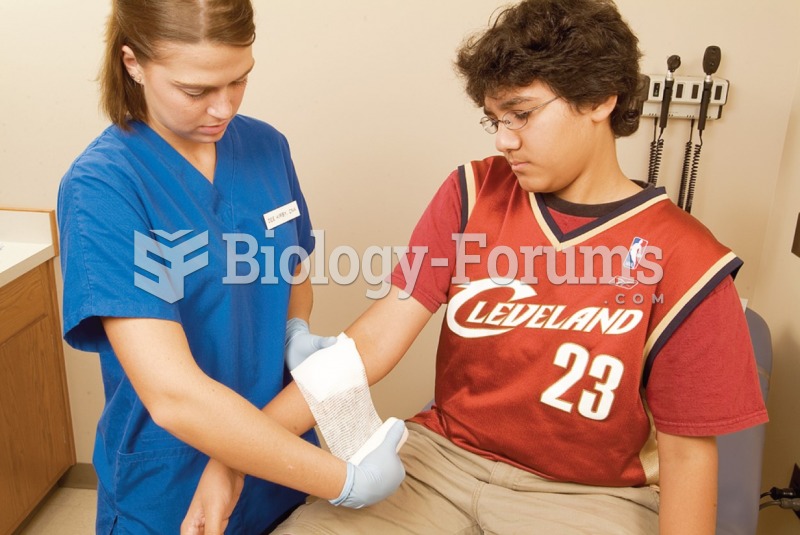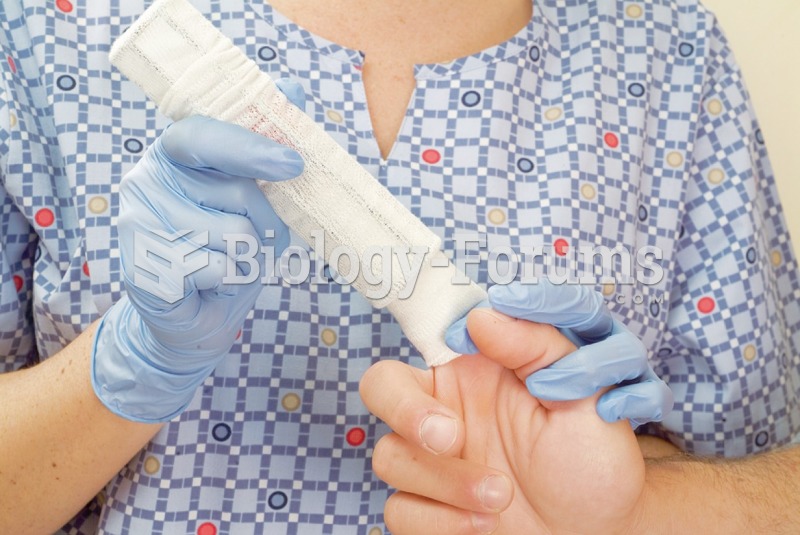|
|
|
In 1844, Charles Goodyear obtained the first patent for a rubber condom.
Bisphosphonates were first developed in the nineteenth century. They were first investigated for use in disorders of bone metabolism in the 1960s. They are now used clinically for the treatment of osteoporosis, Paget's disease, bone metastasis, multiple myeloma, and other conditions that feature bone fragility.
In the United States, there is a birth every 8 seconds, according to the U.S. Census Bureau's Population Clock.
Opium has influenced much of the world's most popular literature. The following authors were all opium users, of varying degrees: Lewis Carroll, Charles, Dickens, Arthur Conan Doyle, and Oscar Wilde.
Urine turns bright yellow if larger than normal amounts of certain substances are consumed; one of these substances is asparagus.







